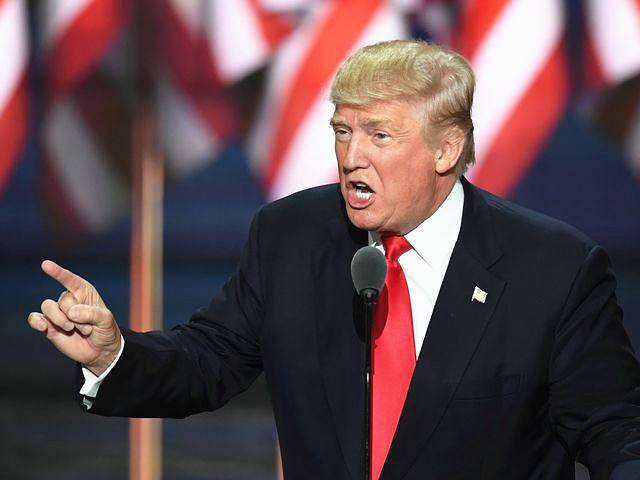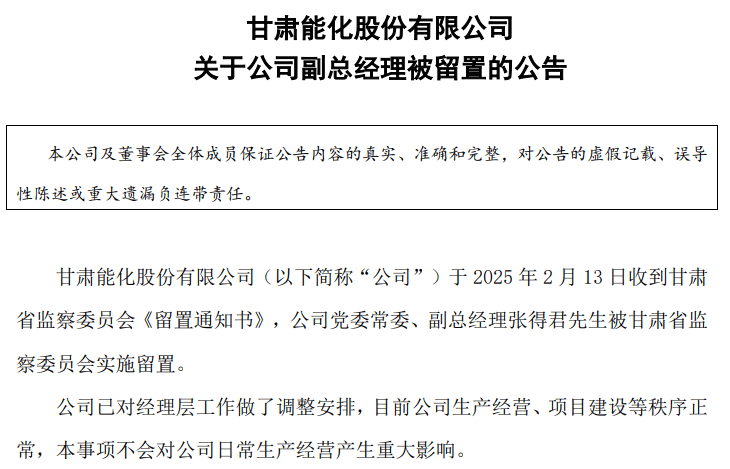TMTPOST -- U.S. President Donald Trump unveiled on Thursday a plan to impose reciprocal tariffs on trading partners and implied more levies on imports like automobile and chips are on the way.

Credit:Xinhua News Agency
“I’ve decided for purposes of fairness that I will charge a reciprocal tariff,” Trump told reporters Thursday in the Oval Office at the proclamation signing a presidential memorandum dubbed “Fair and Reciprocal Plan” (the “Plan”) . “It’s fair to all. No other country can complain.” “They charge us a tax or tariff and we charge them the exact same,” said Trump.
Trump signed a memorandum and ordered the development of a comprehensive plan for restoring fairness in U.S. trade relationships and countering non-reciprocal trading arrangements, according to a fact sheet released by White House. The lack of contributes to U.S. large and persistent annual trade deficit, and the Plan will seek to correct longstanding imbalances in international trade and ensure fairness across the board, per the fact sheet.
The fact sheet listed examples that trading partners do not give the United States reciprocal treatment, such as a 10% tariff on U.S. car imports imposed by the European Union, a 18% tariffs on U.S. ethanol charged by Brazil, and 39% of India’s average applied Most Favored Nation (MFN) tariff on U.S. agricultural goods.The fact sheet also noted Canada and France use digital service taxes, which U.S. has not implemented to companies yet, to each collect over $500 million per year from American companies.
“Reciprocal tariffs will bring back fairness and prosperity to the distorted international trade system and stop Americans from being taken advantage of,” White House said in the fact sheet.
The Trump administration will work to to counter non-reciprocal trading arrangements with trading partners by determining the equivalent of a reciprocal tariff with respect to each foreign trading partner, according to the Plan unveiled by White House. The federal agencies including the U.S. Department of Commerce will launch comprehensive examination on non-reciprocal trade relationships with all U.S. trading partners, such as tariffs imposed on United States products, unfair, discriminatory, or extraterritorial taxes imposed on United States businesses, workers, and consumers, including a value-added tax (VAT).
The Plan fell short of implementation details like timetable, targeted goods or levies, possible tariff rates that are under consideration. The reviews needed for the reciprocal tariffs could be completed within a matter of weeks or a few months, the Associated Press cited a senior White House official. White House officials told CNBC that the new tariffs do not go into effect until some months later.










 京公网安备 11011402013531号
京公网安备 11011402013531号